 This is red ink
This is red ink No one really likes editing, but most of the time I like it better than writing. Well, I edit a lot for people so it’s kind of a break from my own work. When it comes to my own writing? Well, I’m not the biggest fan.
Chances are you don’t like editing that much either, and would love to just cruise through it if you could. Below are some ways you can edit and proofread your novel fast so that your book can go on sale all the sooner.
Edit As You Write
Let me tell you what I don’t like to do when it comes to editing while I write:
- Reread: I really don’t like the idea of rereading what I wrote the day before. Some people swear by this, saying it’ll help them remember where they were before. I prefer to start fresh each day or just go off the last few sentences, maybe a paragraph or two at most.
- Leave Mistakes: Some people encourage you to go full-tilt with your writing, pounding out 2,500 words an hour of narrative or whatever, not worrying about the small grammar and spelling mistakes. I don’t like this because it costs me time later. Sure, you can get a lot of that stuff with spell check, but not things like ‘their/there’ and the many other examples. I like my copy to be as clean as possible going into the first round of revisions and edits.
- Mess with Dialogue: I’ve seen too many works where the dialogue tags are on wrong lines or two different people are speaking on the same line. I also don’t like having to put in little tag commas that you put before ‘he said.’ Some people think it’s better to forget those small formatting and grammar details and just pick it up later. I argue this makes you sloppy, costs you time, and dulls your abilities overall.
Those are all things I don’t do while editing when I’m still writing. That saves me time when I do edit, and that’s worth a lot to me. Below are some other ways to save yourself time when formatting, editing and revising.
Track Changes
When I write my own novels I try to format as I go along, saving me time in editing later. Ideally you should have as few red marks in your draft as possible when you do that first edit, and fewer each time you edit thereafter.
When you edit as you go along, giving a good line-edit like above every 20,000 words or so, you ensure that final draft will be nearly ready when the last sentence is finished. This can save you weeks, maybe months.
Placeholder Text
I do this when I edit, so I’m typically going to Google Maps to find different street names that actually exist, Google Images to see actual pictures of cars I’m writing about, and my own imagination for good names that I typically don’t want to come up with on the fly.
This has saved me so much time while writing that I can’t even begin to count it. Now, when I go back and have to research that stuff, yeah, it costs time.
But being able to stay in that creative frame of mind that’s necessary to churn out novels quickly is well worth the sacrifice.
Just as you don’t want your reader taken out of your story, so too don’t you want yourself taken out when you’re really plowing along.
Placeholder text is a great way to ensure your writing continues fast and that your editing is also easy. After all, if you make your placeholder text unique throughout you can just do a simple Find/Replace on it.
Well, that concludes this 5-part series on How to Write Novels Fast. I hope you enjoyed it and were able to pick up a few ideas.

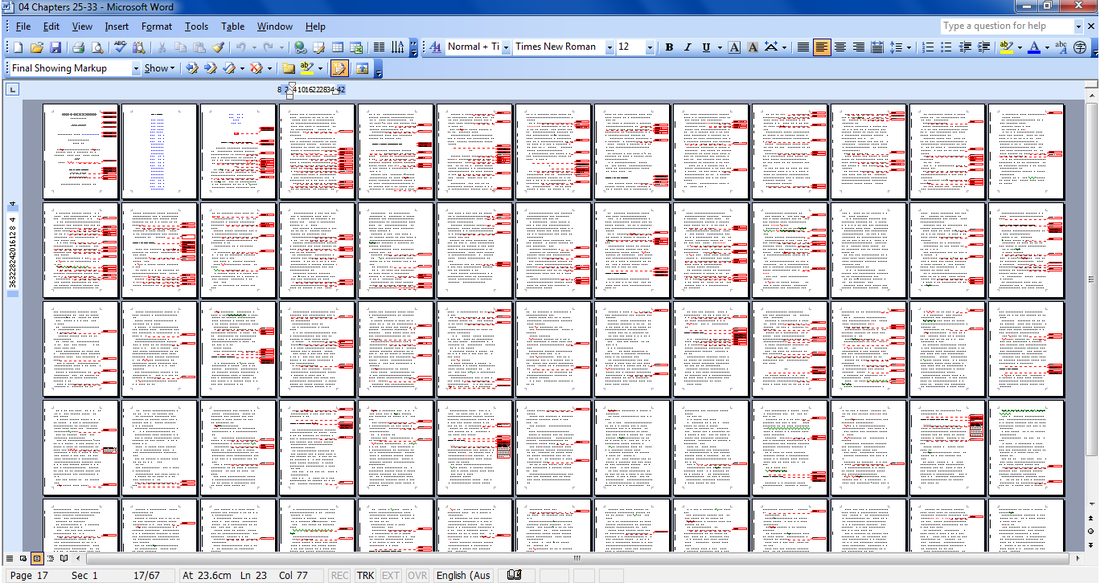


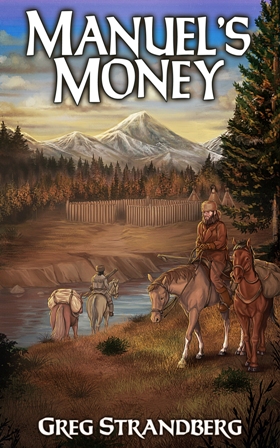
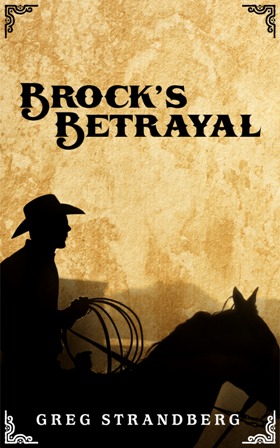
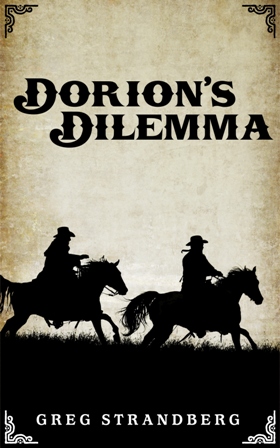


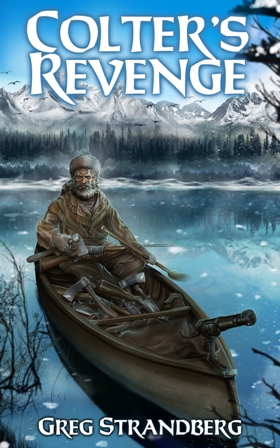
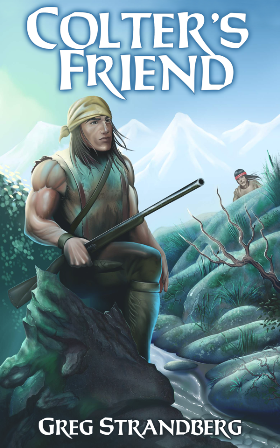
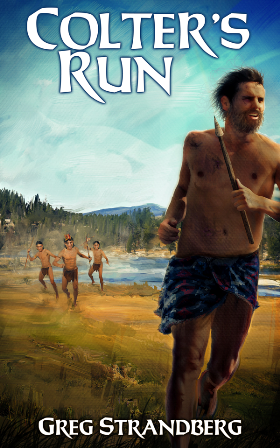
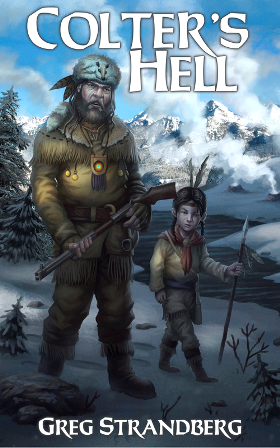
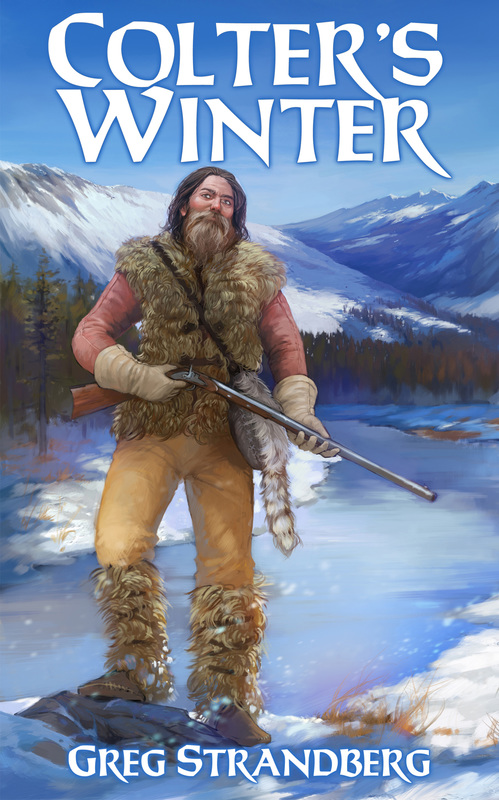
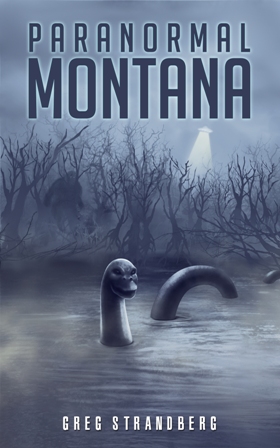
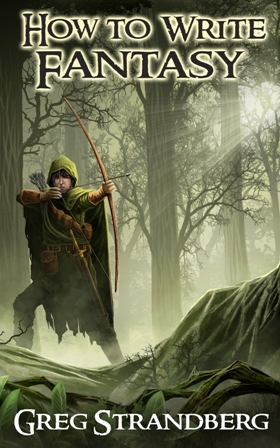


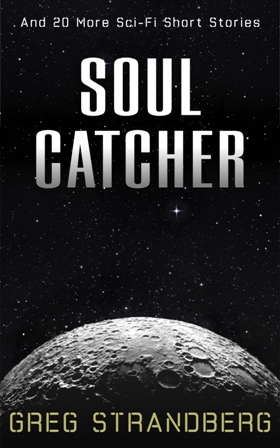
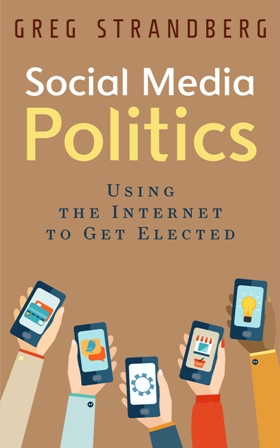


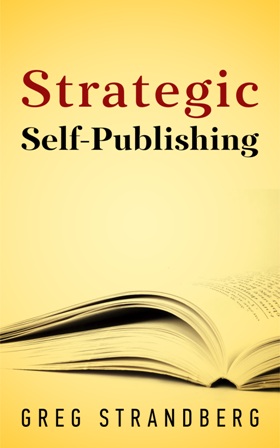
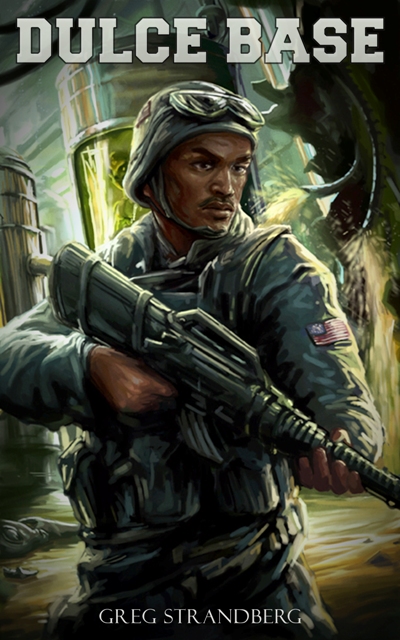
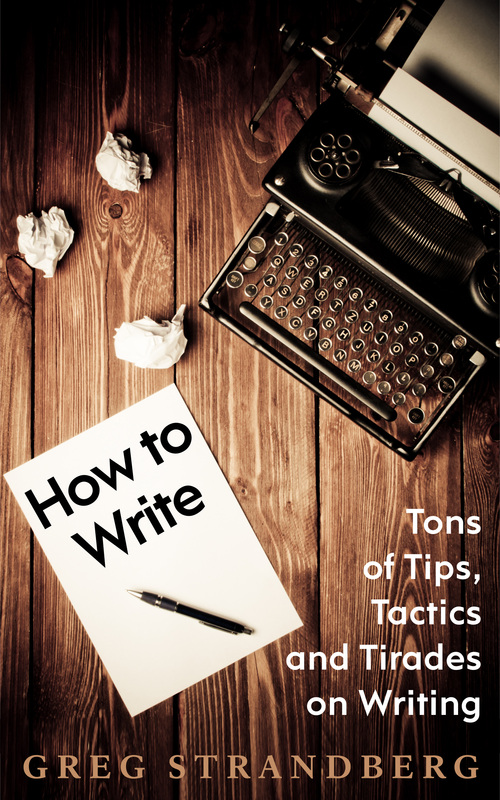
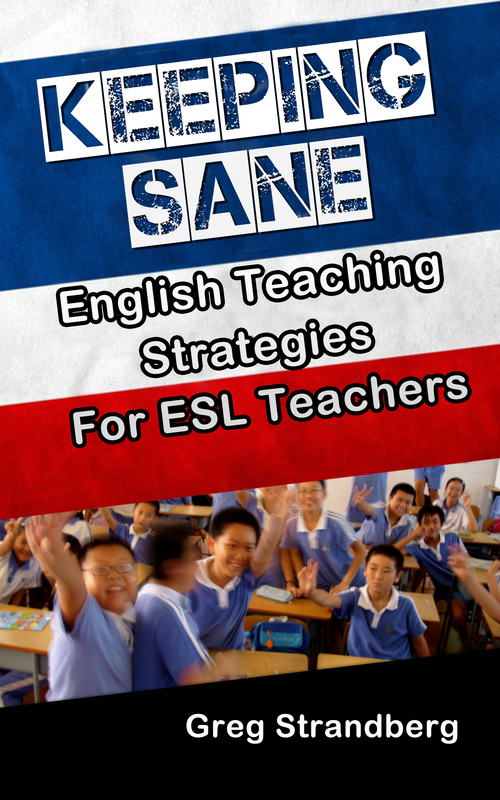
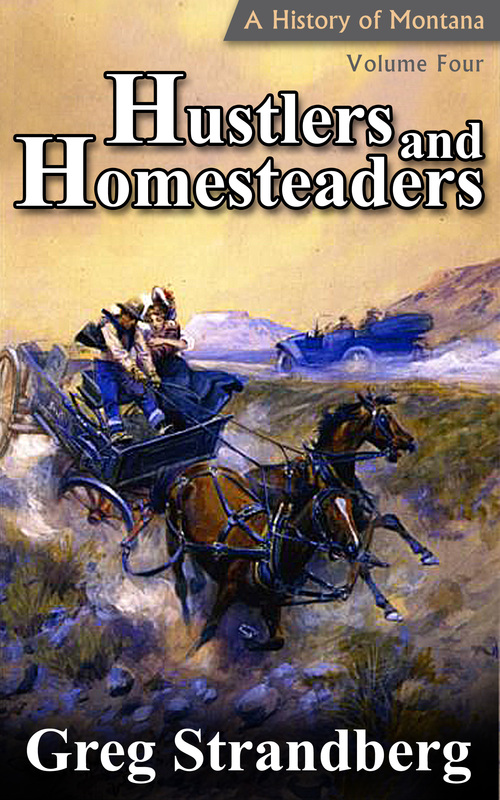
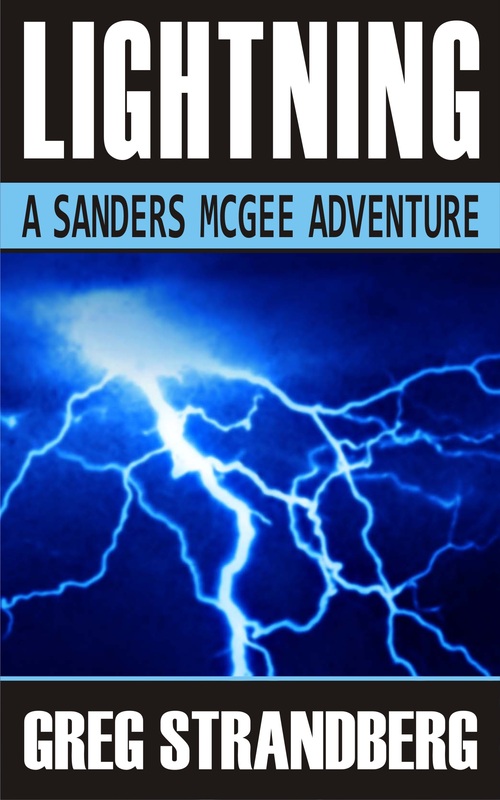

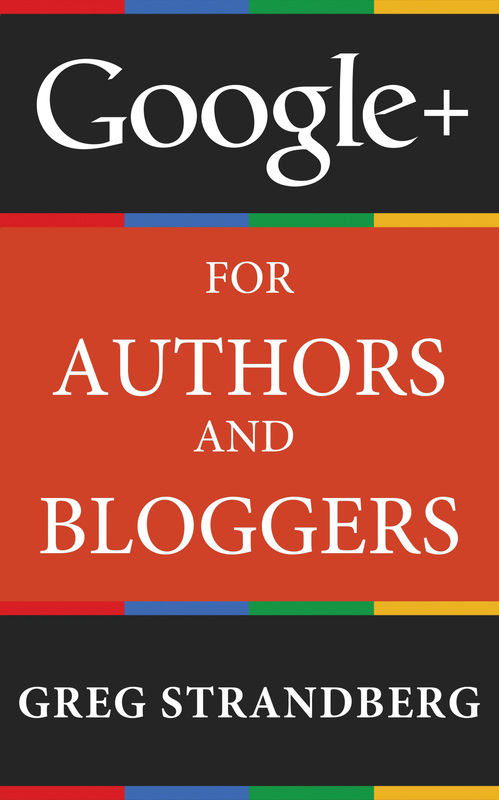
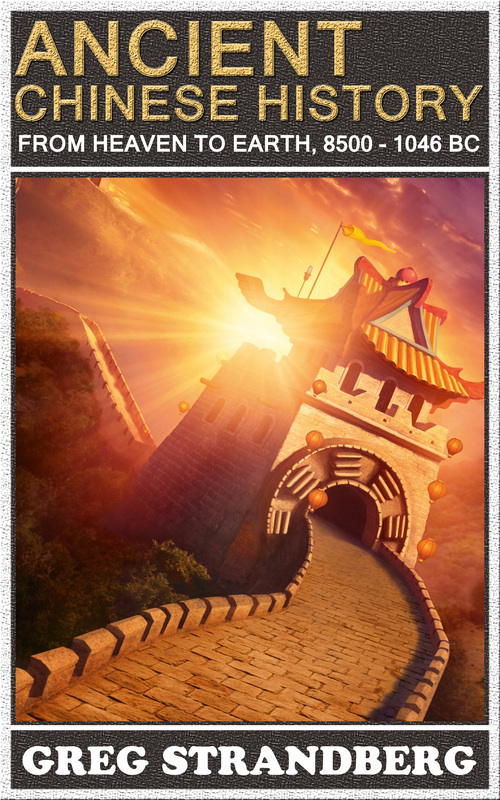




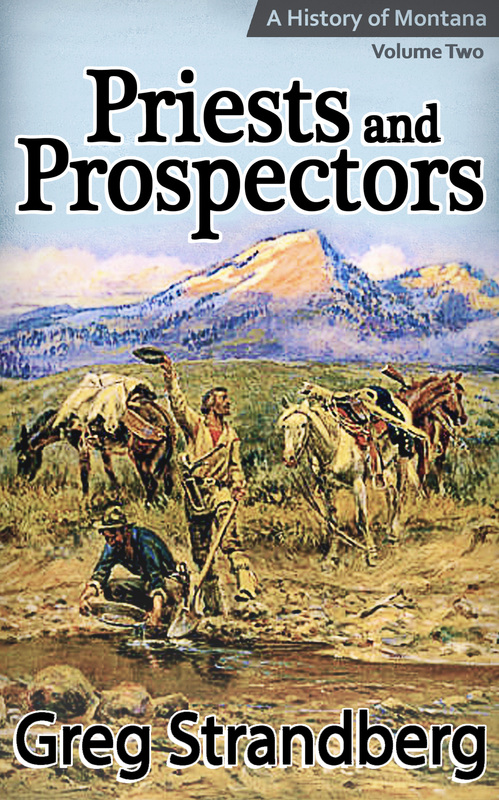
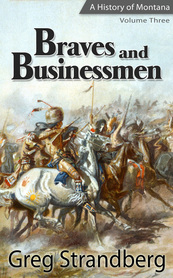
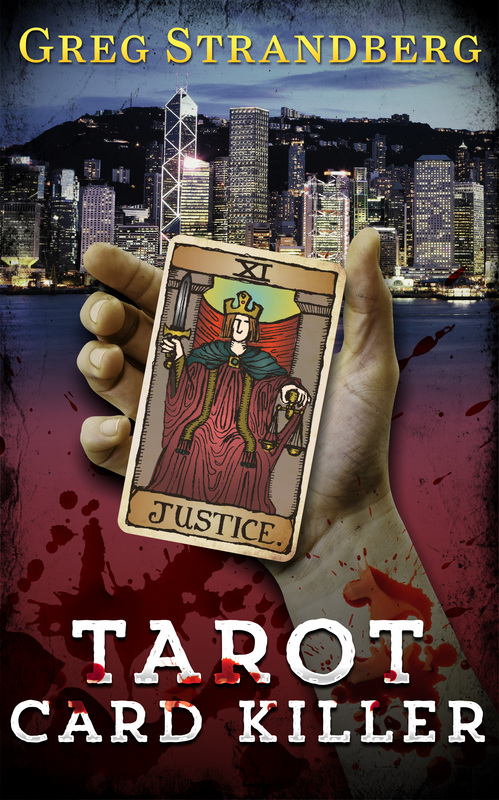
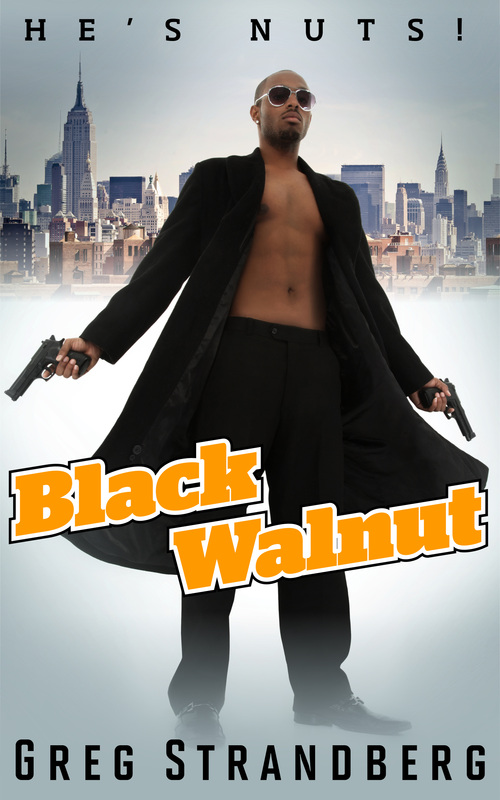

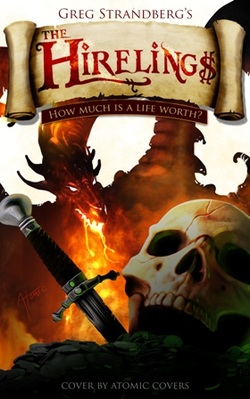
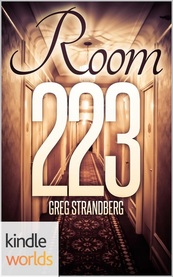



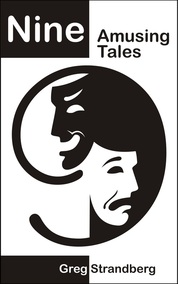
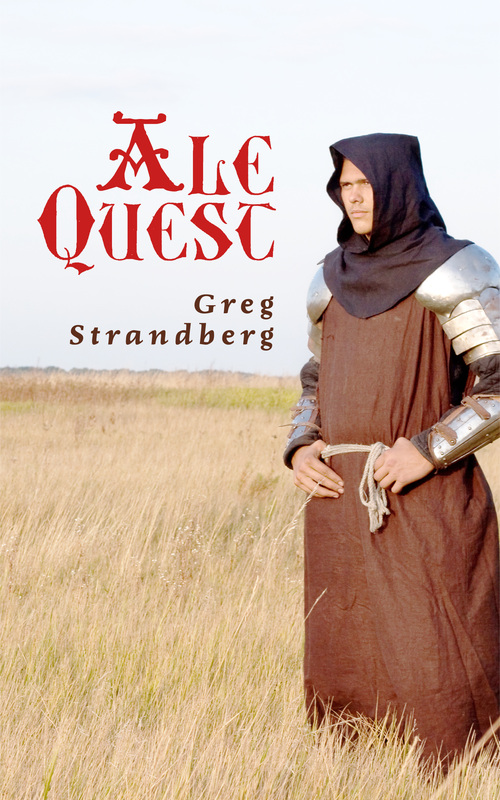
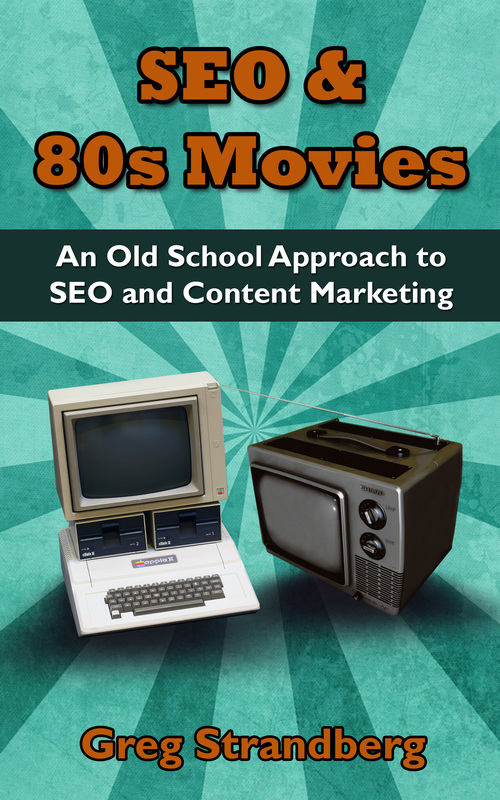
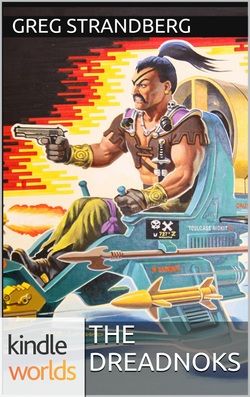
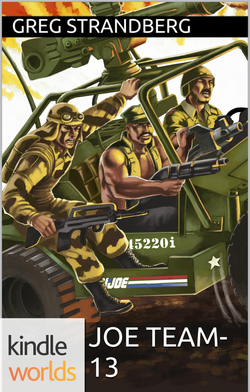
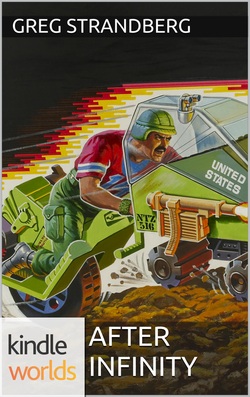
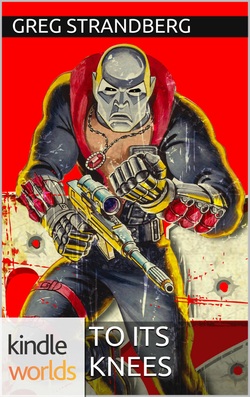
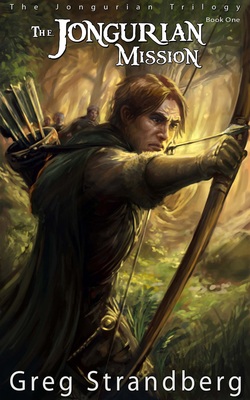

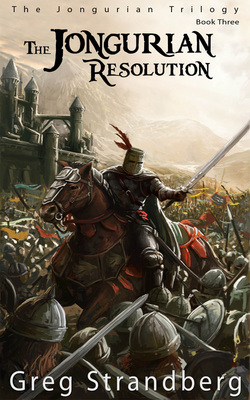
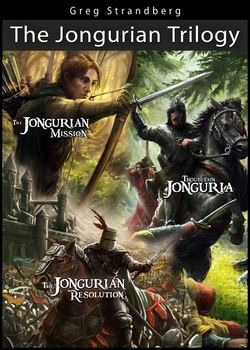
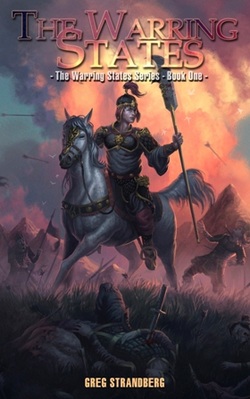
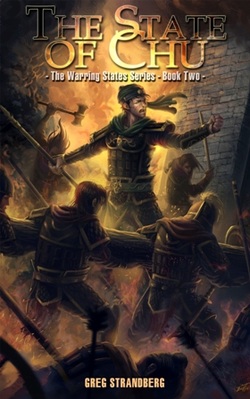
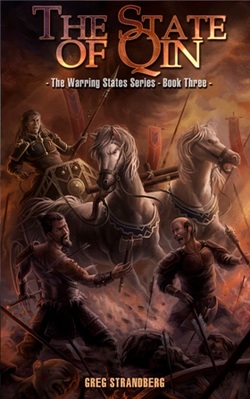
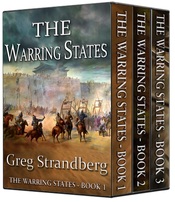
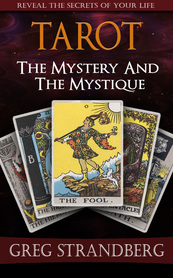
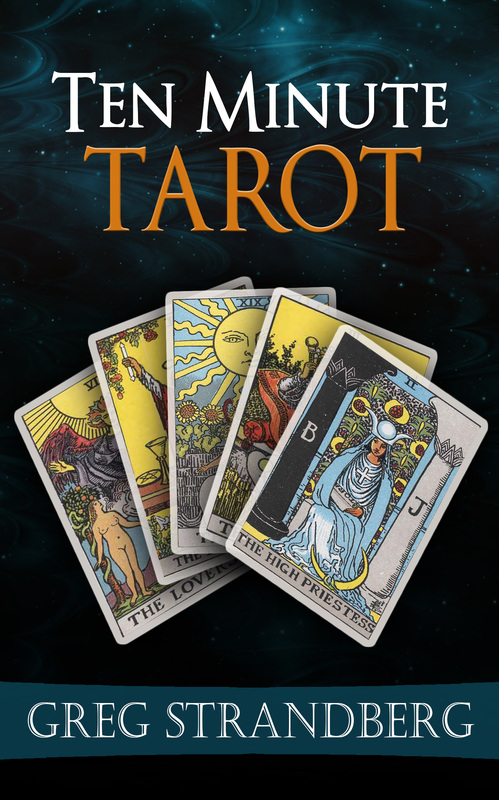
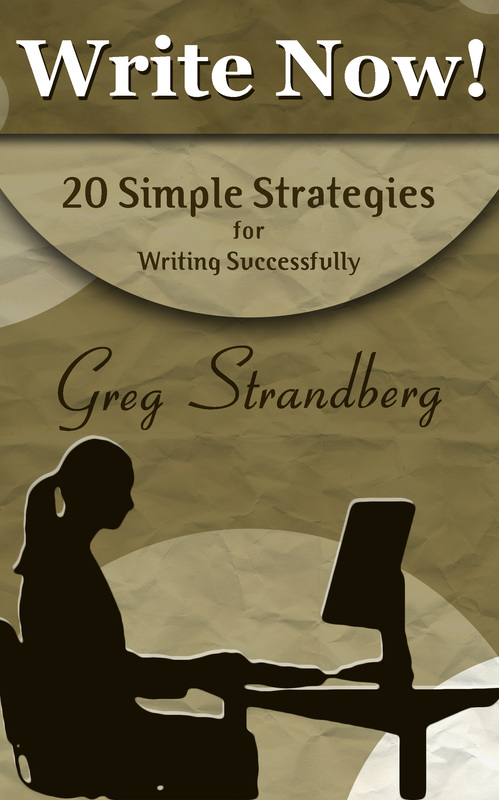











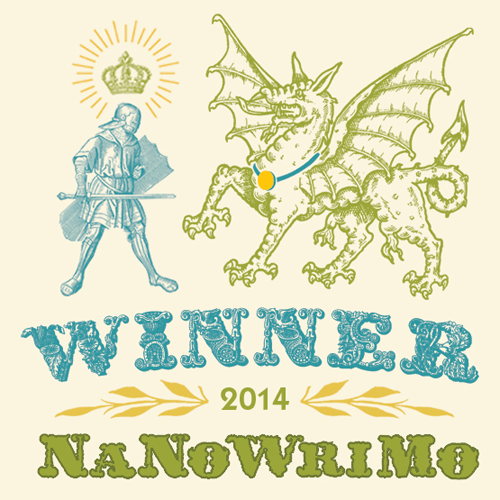
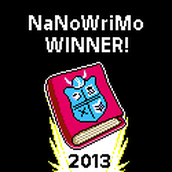
 RSS Feed
RSS Feed